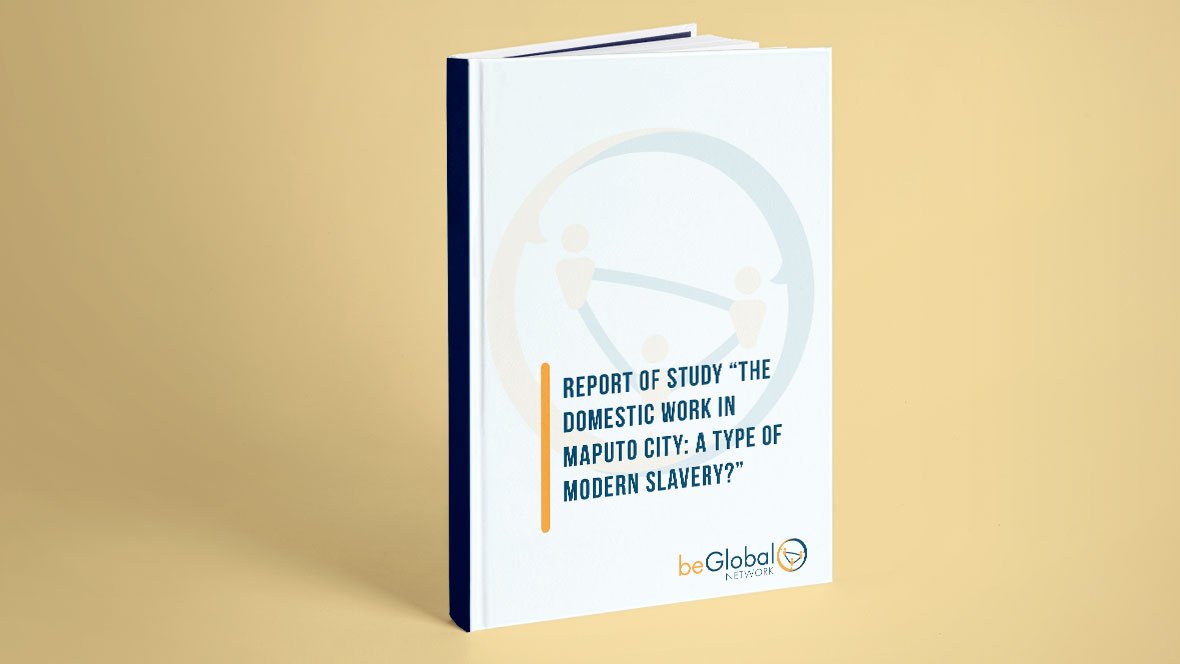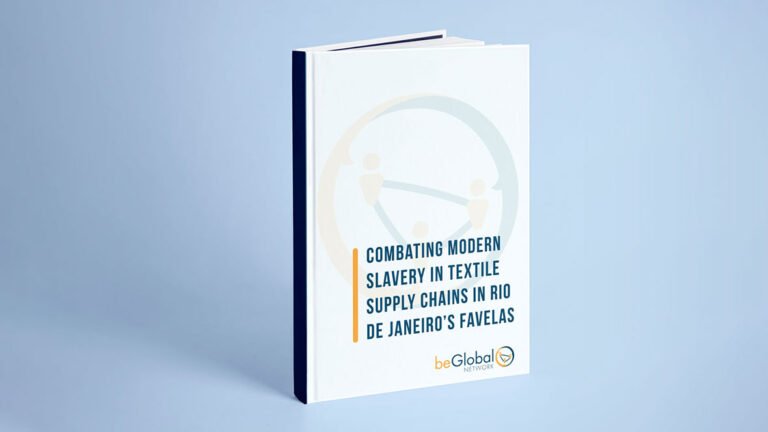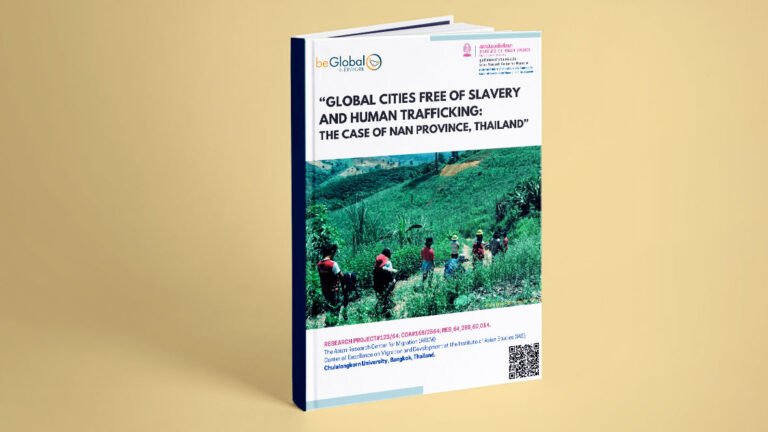Domestic work represents one of the main sources of paid work in Mozambique (INE, 2019). Half a million Mozambicans are domestic workers (INE, 2019; Castel-Branco, 2019; Castel-Branco, 2017). One-third of them are in the urban areas while two-thirds are in rural areas (INE, 2019). Despite being regulated and creating the Workers Association in the country, the paid domestic work is still being considered a non-profession (Castel-Branco, 2019). Several studies have highlighted that many domestic workers not only continue exposed to several problems related to their working conditions but are also excluded from the social security mechanisms (Chipenembe, 2010; Castel-Branco, 2017). These practices could expose this group of workers to modern slavery practices. Nonetheless, the factors contributing to the reproduction of indecent domestic working conditions in this group are still unknown. The objectives of this report are to: (i) analyse the profile, motivation and the working conditions of domestic workers in Maputo City; (ii) identify the perceptions of institutions of the law, civil society organisations, researchers and domestic workers about the domestic work and the rights of domestic workers; (iii) identify social determinants influencing the production and reproduction of the indecent working conditions of domestic workers, and (iv) describe the impact of COVID-19 on the domestic workers’ rights.

Dr. Rehana Capurchande
Department of Sociology, Eduardo Mondlane University
Maputo






